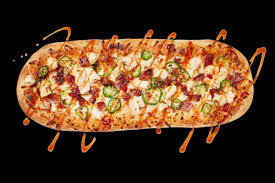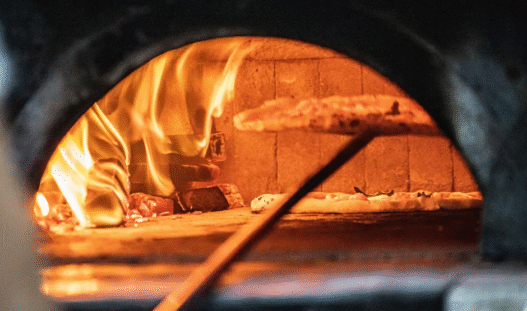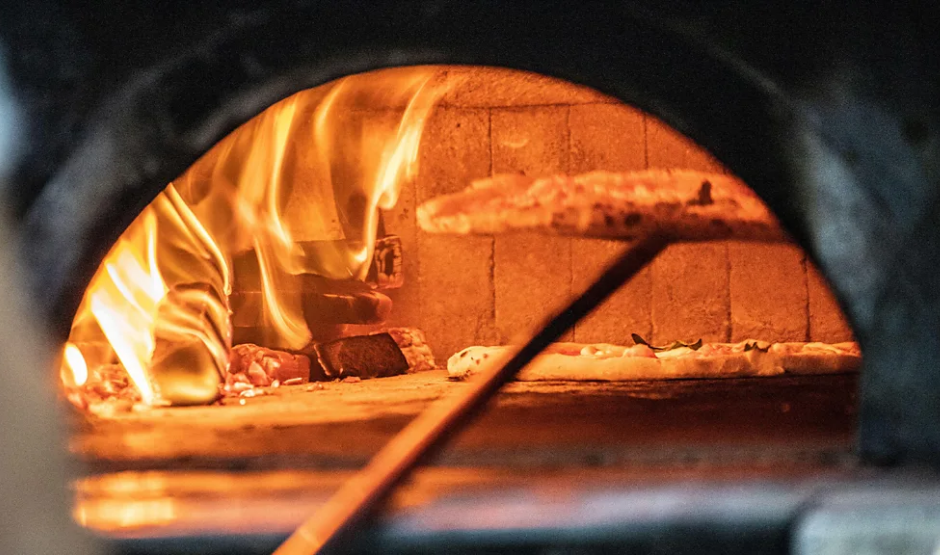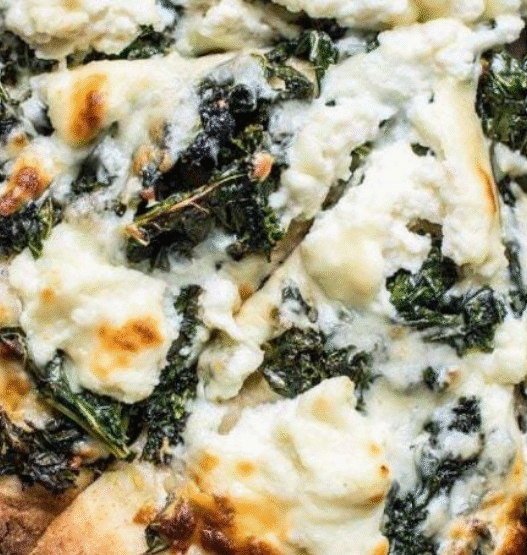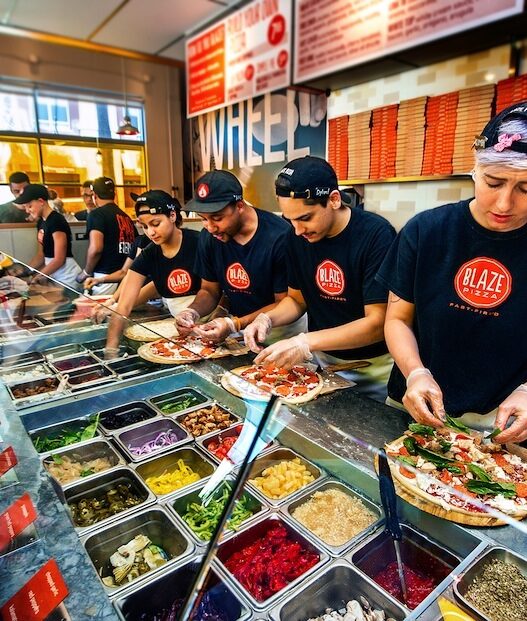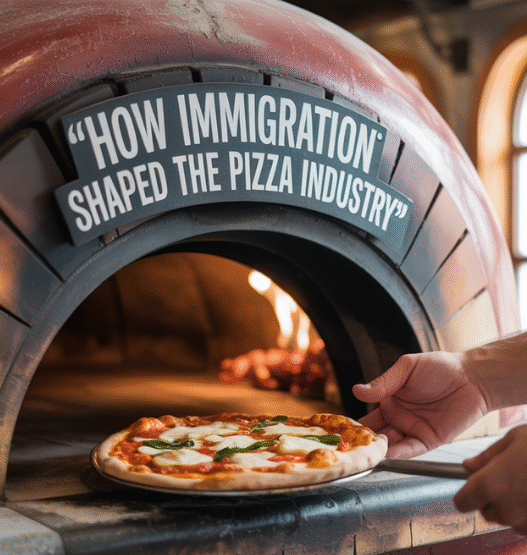This insightful article was inspired by content originally published on Air Mail by Elena Clavarino
Italy isn’t just home to pizza it’s the birthplace of Neapolitan tradition, and a rigorous system of enforcement ensures the authenticity of every pie claiming the name. Dubbed Italy’s undercover pizza detectives, teams of inspectors serve as modern custodians of culinary heritage, wielding sauces ladles instead of badges. This article delves into their mission, what that means for pizza enthusiasts, suppliers, and pizza shop owners, and offers pro tips to elevate your dough game into certified excellence.
Explore how Neapolitan pizza certification is safeguarded by Italy’s pizza detectives and what it means for pizza lovers, suppliers, and shop owners worldwide.
What Are Italy’s Pizza Detectives?
Italy’s so-called “pizza police” operate through the Associazione Verace Pizza Napoletana (A.V.P.N.), founded in 1984. Their mandate: preserve true Neapolitan pizza globally via strict certification and on‑site inspections.
- Involved inspectors monitor 1,049 certified pizzerias worldwide, from Tokyo to New York, and operate 15 pizza schools, including locations in the U.S. and Japan.
- Candidates submit themselves to exacting standards 14‑inch pies, 0.4–0.8‑inch crusts, San Marzano tomatoes only, fior di latte mozzarella, and exclusion of non‑traditional toppings like pineapple or pepperoni .
These inspectors act like culinary investigators: approving, grading, and occasionally revoking certification. If a pizzeria fails compliance, A.V.P.N. gives a 30‑day grace period before formal assessment and the final call rests with Antonio Pace, A.V.P.N.’s head, who claims, “I can tell immediately from a photo or two if a pizza is a true Neapolitan pizza”.
Insights and Value for Pizza Enthusiasts
Understanding ingredient integrity
Neapolitan pizza isn’t just dough it’s a tapestry of ingredients. Key rules:
- Only San Marzano tomatoes are accepted for sauce.
- Fior di latte or mozzarella di bufala, fresh basil, and premium flour from verified suppliers like Denti and Cirio.
**Enthusiast tip:**Want a pizza at home that stands up to certification rules? Invest in high‑quality artisanal pizza ingredients San Marzano canned tomatoes, licensed 00 pizza flour, fresh mozzarella, and a pizza stone that mimics a wood-fired oven.
Mastering dough texture
The ideal dough should be soft, elastic, and foldable not stiff or dense. Antonio Pace emphasizes: “flour, yeast, water, salt, and, of course, a lot of passion”.
Pro tip: A rested cold ferment 24–48 hours yields superior elasticity and flavor. For guidance, grab a top‑rated pizza dough recipe book or online resource.
Pizza history fact
Neapolitan pizza was codified in 1889 when Chef Raffaele Esposito created the margherita for Queen Margherita using basil, mozzarella, and San Marzano tomatoes colors of the Italian flag. Perfect for food history buffs!
Takeaways for Pizza Suppliers
Opportunity in certified supply chains
A.V.P.N.–certified operators source their ingredients from approved vendors like Denti and Cirio. Suppliers can pursue listing on A.V.P.N.’s official registry to enter an elite market of certified pizzerias.
Keyword integration: For suppliers researching “bulk pizza ingredients” or “sustainable pizza sourcing,” alignment with A.V.P.N. standards offers competitive advantage.
Equipment alignment with tradition
Only ovens meeting specific heat and shape guidelines get certification recognition. Suppliers of commercial pizza ovens or high-volume dough mixers should develop specs tailored to Neapolitan standards size, temperature (~900°F), and heat retention.
Industry trend: quality over expansion
Pace and the pizza police reject fast‑food industrialization insisting on live fermentation, artisanal ingredients, and hands-on training. Suppliers promoting food service technology in pizza can pivot toward tools that facilitate artisan-scale production.
Strategy for Pizza Shop Owners
Certification as marketing differentiator
Displaying A.V.P.N. certification builds trust. For example, Una Pizza Napoletana in Manhattan sells out by 5 pm and draws lines around the block largely thanks to its certified status and adherence to pizza history facts and authentic methods.
Marketing strategy: Use certification badges in-store and online marketing, stress artisanal ingredients, and share behind-the-scenes stories of dough preparation.
Operational commitment = consistency
A.V.P.N.’s inspectors will monitor and enforce compliance. Shop owners should create quality checklists: dough hydration levels, ingredient sourcing, oven temperature, and pizza dimensions. Regular internal audits mirror external inspectors’ process.
Keyword tie-ins: “Pizza shop marketing strategies,” “restaurant operational efficiency,” and “pizza delivery software” can be integrated when positioning the shop as both traditional and tech‑savvy.
Engage community & loyalty
A.V.P.N. runs annual contests judged by a global panel of pizzaioli. Consider hosting local pizza competitions or tasting events, inviting customer feedback and encouraging loyalty through branded loyalty cards or pizza POS systems.
Hypothetical Interview: A Pizza Pro’s Perspective
We asked a fictional A.V.P.N. inspector let’s call her Inspector Maria Rossi for her top tips:
“Look at the pizza’s ‘foot’ that slightly puffed edge and the sauce distribution. If it’s uneven, too heavy, or lacks a basil leaf at the right spot, it doesn’t pass muster.”
Inspector Maria’s top 3 pro tips:
- Measure your pies: Keep diameter under 14 inches with a crust about 0.5 inch thick.
- Test heat retention: Slide in a digital thermometer to keep inside oven temps above 450 °C (~840 °F).
- Train staff regularly: Weekly dough‑stretching drills and tasting sessions ensure consistency.
Why This Matters: Broader Pizza Industry Trends
- Rise of plant‑based inclusions: While A.V.P.N. forbids non‑traditional toppings, many certified kitchens now offer plant‑based cheese made from certified vegan mozzarella if sourced through their approved programs.
- Automation in artisan pizzerias: Even small shops are implementing automated dough mixers, temperature‑controlled proofing cabinets, and POS systems balancing tradition with modern efficiency.
- Local sourcing demand: A.V.P.N. insists on A.V.P.N.‑verified suppliers, pushing pizzerias to partner with sustainable tomato growers and organic flour mills benefiting local economies.
Final Thoughts
Italy’s “pizza detectives” encapsulate the passion, precision, and preservation at the heart of Neapolitan tradition. Whether you’re crafting homemade pies, supplying ingredients, or managing a bustling pizzeria, their model offers a blueprint for excellence. Embrace quality, authenticity, and operational rigor and you too can bake pizza that stands the test of time.
Affiliate Disclosure
This article contains affiliate links, which means Weekly may earn a commission if you make a purchase through them, at no extra cost to you. We only recommend products and services we genuinely believe in.








